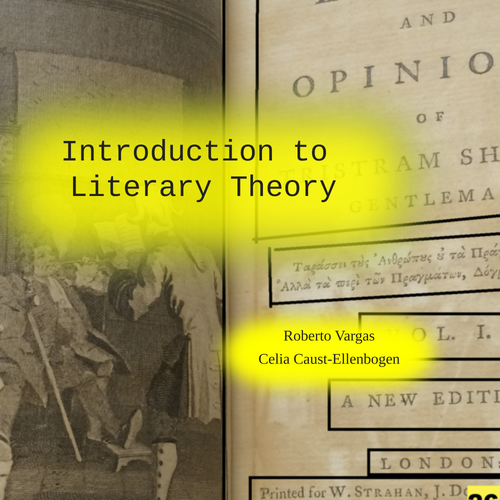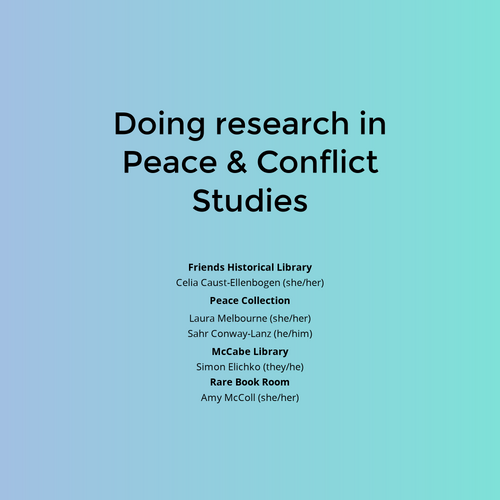Scholarly Communications
Library Interns Spring 2024
About me:
- Maria Aghazarian
- she/her/hers
- Talk to me about copyrighting your works, finding publishing outlets, creating a scholarly profile for yourself
- Also you can talk to me about mushrooms

About you?
- Name
- Pronouns
- Subject[s] of academic interest
- Subject[s] of non-academic interest
Important!
- If you have questions or need something clarified, please interrupt me!!
- Sometimes I forget to stop and ask for questions!!
What is "scholarly communications"?
Communicating research
(and all this entails)
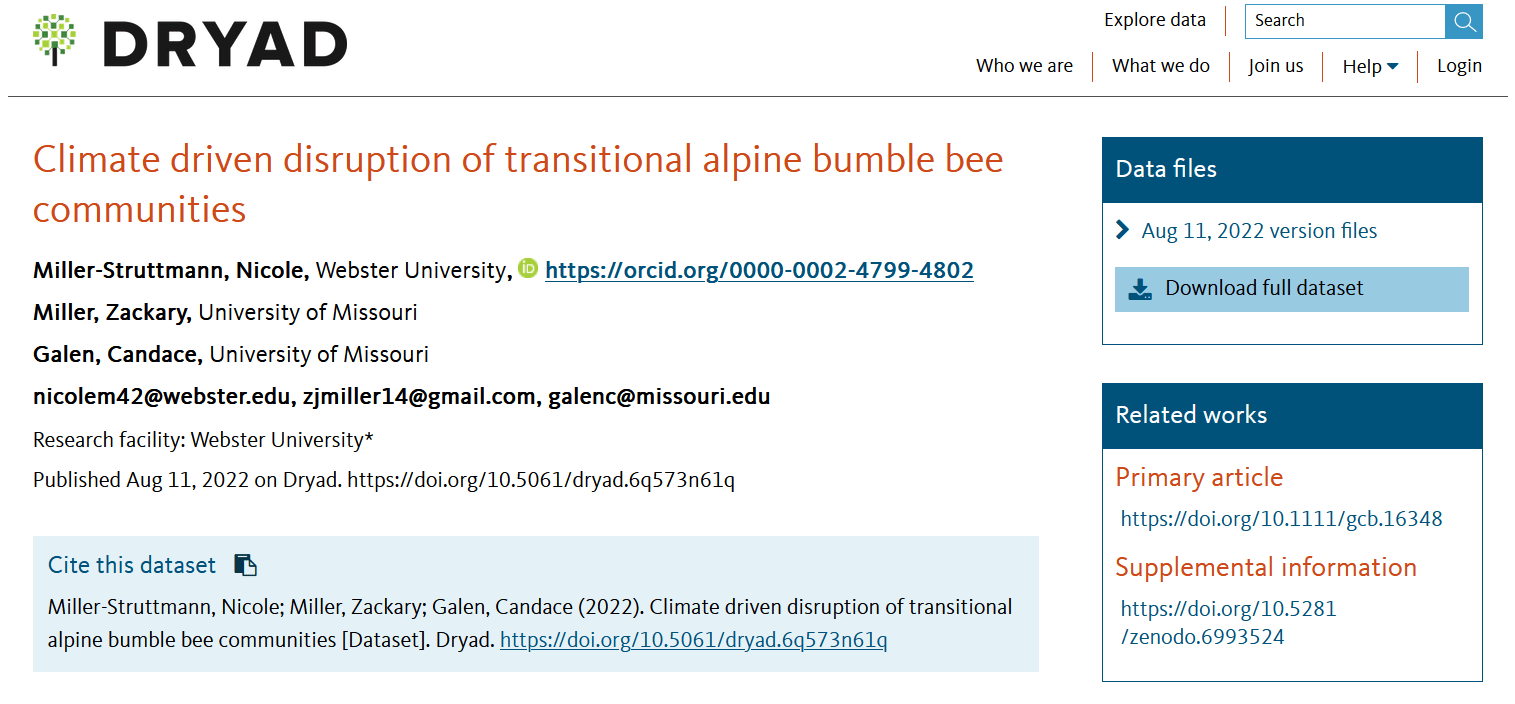


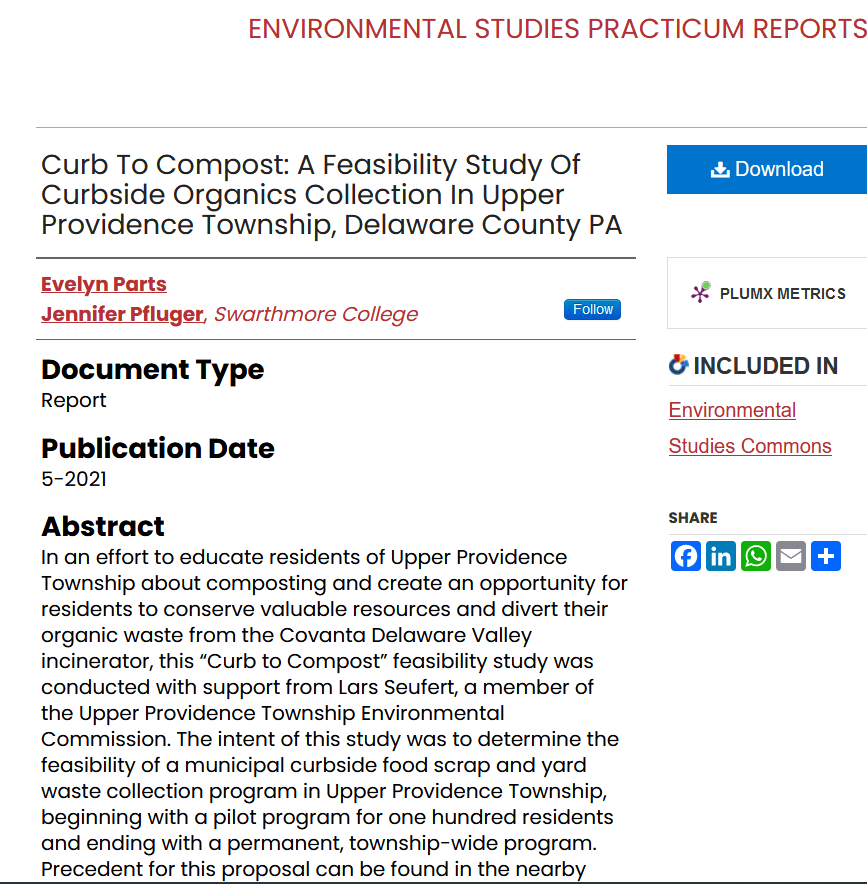




What is "open science"?
Availability
Accessibility
Reusability

Why open science?
"...over 60% of research articles published over the past decade on the topic of climate change and nearly 50% of those related to biodiversity are still locked behind paywalls."
Shamila Nair-Bedouelle, UNESCO



If publishers can decide to [temporarily] voluntarily sacrifice profits for the sake of the collective good in times of emergency, what is stopping them from doing the same with climate research?
Questions so far?
Questions from the homework?
Your Mission
Learning Objectives
-
Understand challenges in opening climate research
-
Understand methods to making research more open and accessible
Game Objective
-
Open all 5 of the boxes.
-
You can choose to open them in any order.
-
There are 5 keys hidden in the LibLab; the clues will help you figure out where to find them.
Your Character
- You are each assigned a character sheet with certain characteristics. These may be benefits or restrictions.
- You are not allowed to share these traits with anyone, verbally or visually.
- Everyone has been provided with a die; certain actions require you to roll a die and meet the stated conditions before proceeding.
- If you have questions about anything on your sheet, ask me directly!
Debrief
"...[Open access] is not an end in itself, but a means to other ends, above all, to the equity, quality, usability, and sustainability of research."
Budapest Open Access Initiative
Paywalls



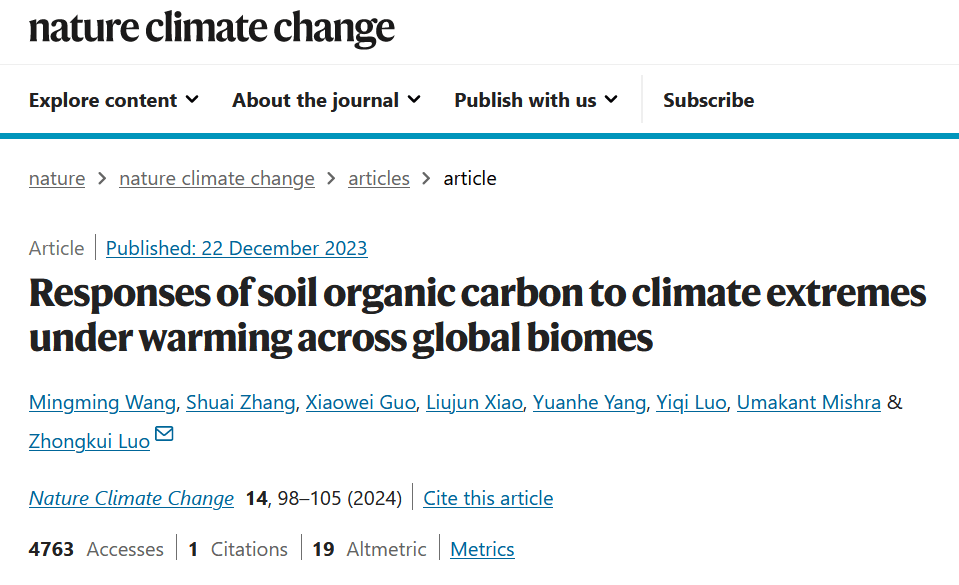


Potential Solutions
- For readers:
- Search repositories for preprints
- Request a copy from interlibrary loan
- Write to the authors for a copy of their work / ask them to deposit their preprints
- For authors:
- Deposit your preprints, if allowed
- Pay a fee to retroactively make a published work OA
- Publish OA in the future
Piracy

"Let me be clear: Sci-Hub is not just stealing PDFs. They’re phishing, they’re spamming, they’re hacking, they’re password-cracking, and basically doing anything to find personal credentials to get into academic institutions."
Andrew Pitts, PSI
PDFs



Potential Solutions
- For readers:
- Use Python and the tools provided by Semantic Climate to extract data
- Write to the authors asking for the data set(s)
- Manually transcribe the data (less than ideal!)
- For authors:
- Deposit your data alongside your publication and preprint
- Ensure that your data set is machine readable and accessible
English as lingua franca



Potential Solutions
- For readers:
- Translate openly licensed works in your area of expertise
- Use AI to translate works
- For authors:
- Build multilingual networks and collaborations across research institutions
- Translate your work or work with a translator
- Openly license your work so that it can be translated by someone else
Preprints are not always trusted

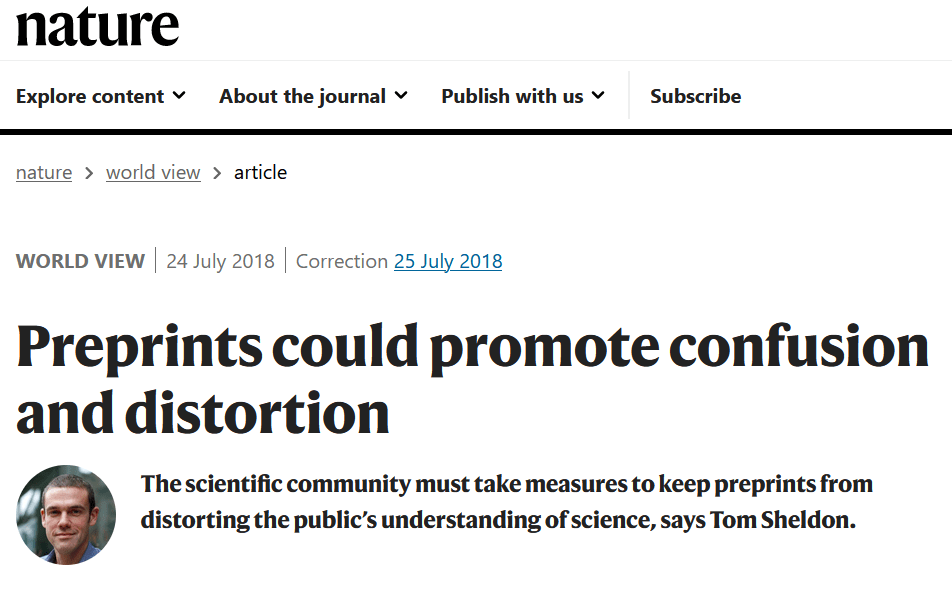


"We found that the total number of figure panels and tables changed little between preprint and published articles. Moreover, the conclusions of 7.2% of non-COVID-19–related and 17.2% of COVID-19–related abstracts undergo a discrete change by the time of publication, but the majority of these changes do not qualitatively change the conclusions of the paper."
Potential Solutions
- For readers:
- Verify data in preprints against the version of record before citing
- Write to authors for a copy of the final version of their work
- For authors:
- Link to the version of record from your preprint
- Add a note about what was changed between versions
Mandates without compliance checks

“Of the more than 1.3 million papers we identified as subject to the selected funders’ open-access mandates, we found that some two-thirds were indeed freely available to read. Rates varied greatly, from around 90% for work funded by the US National Institutes of Health (NIH) and UK biomedical funder the Wellcome Trust, to 23% for work supported by the Social Sciences and Humanities Research Council of Canada (see ‘Mandates matter’).”
Vincent Larivière & Cassidy R. Sugimoto



Potential Solutions
- For readers:
- [I haven't found any way for readers to report non-compliance to funders!]
- For authors:
- When applying for grants, carefully review the access requirements of the funding agency
- Choose a journal that assists with compliance (ex. deposits a copy of the preprint to a repository)
- Ask a librarian or staff at your institution who work with research grants (ex. the Sponsored Programs office at Swarthmore)
If publishers can decide to voluntarily sacrifice profits for the sake of the collective good in times of emergency, what is stopping them from doing the same with climate research?

1,552 articles removed from the PMC archive.
40,864 articles removed from distribution through the PMC Open Access Subset

Countries with a climate emergency declaration, as of Dec 2020:




Status in the U.S.:
What other crises could benefit from open research?
And must we be in crisis to adopt open as the standard?
Library interns spring 2024 - scholcomm
By Swarthmore Reference
Library interns spring 2024 - scholcomm
- 792


